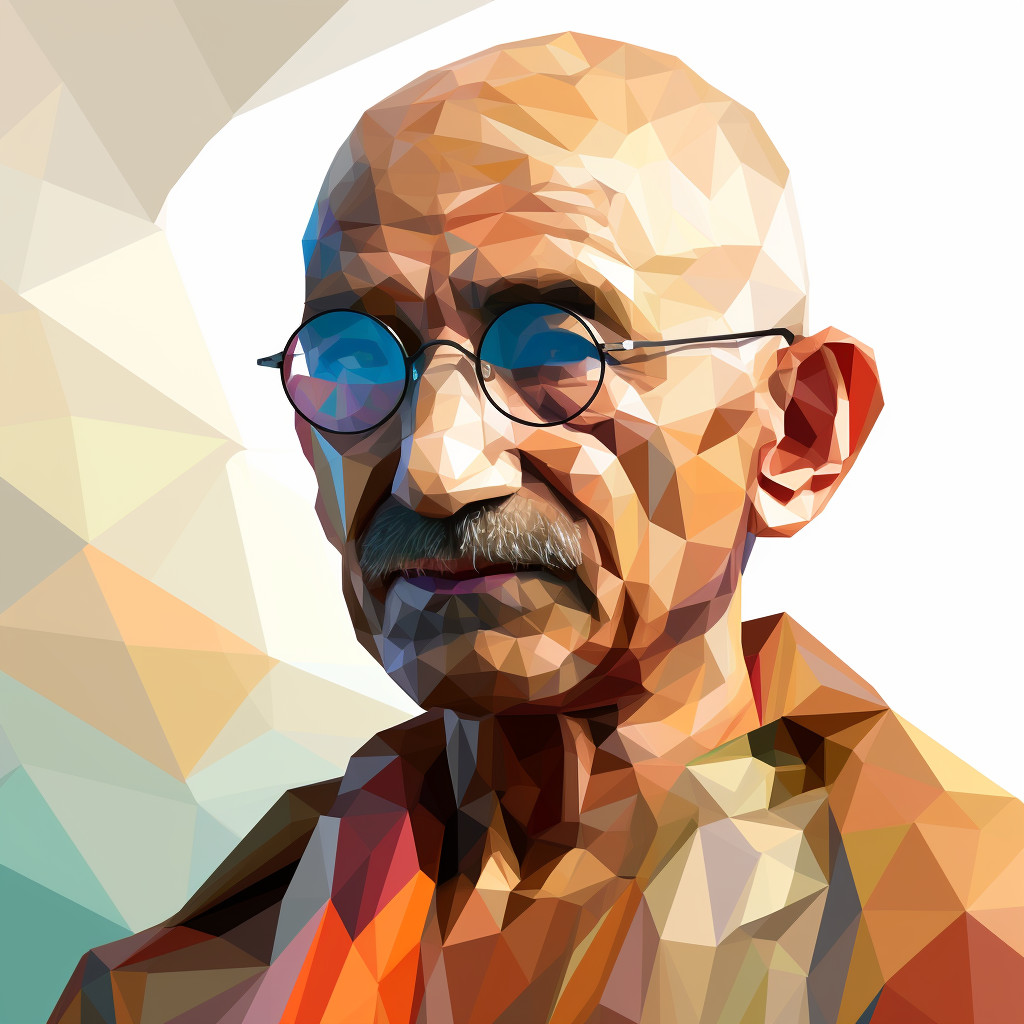This quote is a profound reflection on the nature of violence, particularly war, and its ultimate consequences. The term ’saturation point’ is a scientific term, indicating the maximum amount of a substance that can be absorbed or contained within a given volume. By using this term, Gandhi suggests that war represents the ultimate or extreme manifestation of violence, the point beyond which it cannot go further.
The second part of the quote speaks to the consequences of reaching this saturation point. According to Gandhi, the very extremity of war, its absolute saturation with violence, also signals its end or ‘doom’. This could be interpreted to mean that when violence reaches such extreme levels, it becomes unsustainable and self-destructive, ultimately leading to its own downfall.
Applying this idea to today’s world, it could be seen as a warning against escalating violence and conflict. In a world increasingly fraught with tensions, conflicts, and acts of violence, Gandhi’s words are a reminder that the path of violence is not only destructive but also self-defeating. It suggests that societies and nations should seek to resolve their differences through dialogue and mutual understanding, rather than resorting to violence.
On a personal level, this quote could be a reminder of the destructive nature of anger and hostility. Just as war represents the saturation point of violence on a global scale, unchecked anger could be seen as a similar saturation point on an individual level. It suggests that allowing anger to escalate unchecked can only lead to self-destruction and ruin. Therefore, one should strive to manage and control their anger, and seek peaceful and constructive solutions to conflicts and disagreements.




